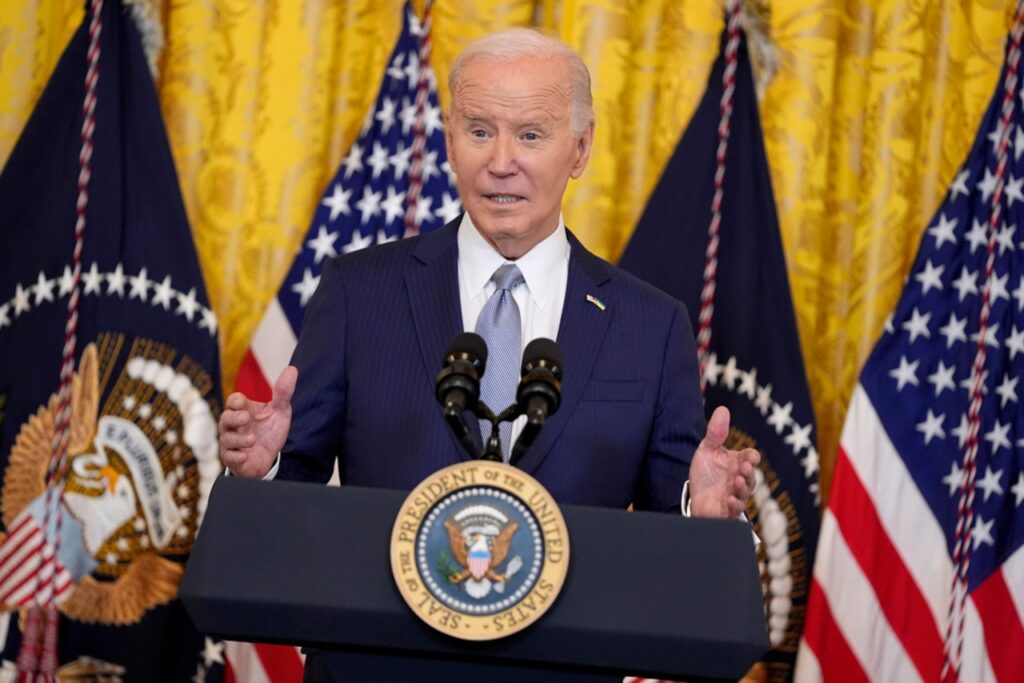Written by Robert Campbell
The Biden administration recently announced $7 billion in new subsidies to support solar power. The move comes days after the state announced a ban on oil drilling in much of Alaska's rich oil reserves. Relying on government rather than free markets to determine winners and losers will have serious consequences.
In this case, unreliable “green” energy will increasingly undermine tried-and-true methods of heating our homes and powering our cars.
But Joe Biden's misguided central planning movement extends far beyond energy. The White House and his allies in Congress are putting American lives at risk by putting Uncle Sam into the nation's innovative medical field. Policymakers need to start untangling the mess they have created before the damage becomes too great.
The misnamed Inflation Reduction Act (IRA) encapsulates much of the Biden administration's health care oddities. A federal law signed into law in 2022 imposes a series of government price controls on drugs accessed through Medicare, stifling innovation.
Accounting departments are caught in the middle because the law requires drug companies to offer some drugs at a fraction of the cost of recouping their research and development investments. As a result, fewer new life-saving treatments, treatments and vaccines will come to market for patients to experience.
One analysis estimates that new products introduced to patients could be reduced by 40% over the next 10 years.
The current divided government makes it politically impossible to completely repeal the provision, but proposals to nip around the edges have bipartisan support. A typical example is Securing Pathways to Innovative Therapies (EPIC) Act, a federal law introduced earlier this year. This bill levels the playing field between different types of medicines from an IRA perspective.
More specifically, buried deep within the federal government's new drug pricing regulations is an arbitrary timeline for when the regulations apply to biological drugs and small molecule drugs that are often taken in pill form. . The former is exempt from government puppetry for 13 years after Food and Drug Administration (FDA) approval, but the latter only has a nine-year runway.
This disparity acts as a de facto penalty for manufacturers, investors, and research institutions pursuing innovation in the small molecule space. In practice, this policy would have the effect of chilling advances in this category of drugs, which often include oncology treatments because of their unique ability to penetrate cancer cells.
For example, a University of Chicago analysis estimates that price fixing will result in nearly 200 fewer therapeutic advances in small molecule drugs over the next 20 years. The EPIC Act simply amends the Inflation Control Act to equalize the exemption period regardless of drug type. Of course, both Republicans and Democrats can support it.
The Biden administration's domestic strategy focuses on manipulating free markets, either by leveraging taxpayer funds or applying heavy-handed government regulations. Drug price regulation is one of his plans that could backfire in a big way.
Passing the bipartisan EPIC Act would be a good first step toward rolling back that.
Dr. Robert Campbell is an anesthesiologist practicing in Lebanon County and a partner at the Job Creator Network Foundation.


